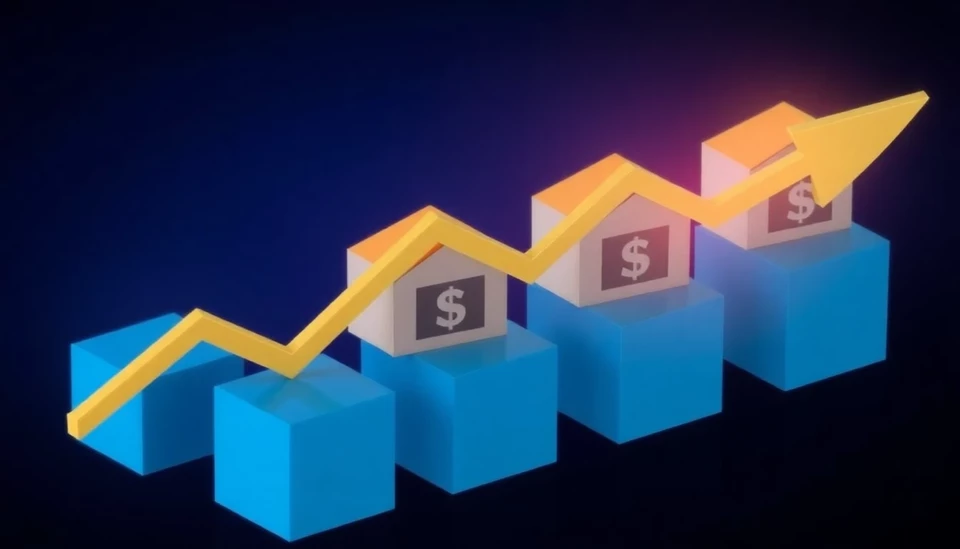
In a significant shift that has sent ripples through the housing market, U.S. 30-year mortgage rates have climbed sharply, experiencing their most substantial increase in over a year. Recent data reveal that the rates rose to an alarming 7.25%, a prospect that may dishearten prospective homebuyers and current homeowners looking to refinance.
This uptick, driven primarily by persistent inflation and fluctuating treasury yields, underscores the ongoing challenges facing both potential buyers and the broader economy. Analysts now signal caution as these higher rates could lead to a slowdown in home purchases, further complicating an already tense real estate landscape characterized by limited inventory and escalating home prices.
The implications of this rise are significant. As home borrowing costs increase, many buyers may be priced out of the market or forced to reconsider their purchasing power. Home sales had already begun to slow in recent months amid rising costs and uncertainties, and this spike in mortgage rates could exacerbate those trends.
Experts in the field contend that the recent surge in rates can be traced back to inflation fears, which continue to remain a pressing concern for the Federal Reserve. Rising inflation typically results in higher interest rates as the Fed aims to cool down the economy. In this instance, the yield on the 10-year Treasury note has seen an upward trend, which closely influences mortgage rates.
As potential buyers grapple with these new realities, some industry professionals suggest that the market is entering a phase characterized by more cautious decision-making. “We’re likely to see fewer transactions as affordability becomes a more prominent issue,” noted one real estate analyst. “Buyers will have to reassess their budgets and expectations, leading to a more restrained market movement.”
For current homeowners considering refinancing options, the rising rates could also pose a significant hurdle. Many had hoped to capitalize on lower rates established during previous years; however, with the current trend, refinancing may no longer be as financially advantageous as it once seemed.
The combination of higher mortgage rates, dwindling inventory, and persistent inflation has raised the stakes in the housing market. Home values may stabilize or even dip as demand softens, but experts emphasize that such trends may vary significantly by region.
As we look ahead, ongoing economic indicators will be critical in determining the trajectory of mortgage rates and the overall housing market. Homebuyers, real estate agents, and financial analysts alike are keeping a close watch as they attempt to navigate this shifting landscape.
Current homeowners looking to buy or sell are encouraged to stay informed about financial trends that may influence their decisions, and to explore all available options for navigating this evolving environment.
In summary, the recent surge in mortgage rates serves as a stark reminder of the volatility within the housing market, prompting a reevaluation of homebuying strategies amid increasing financial challenges.
#MortgageRates #HousingMarket #RealEstate #Inflation #HomeBuying #Refinancing #Economy #HomeSales
Author: Daniel Foster




